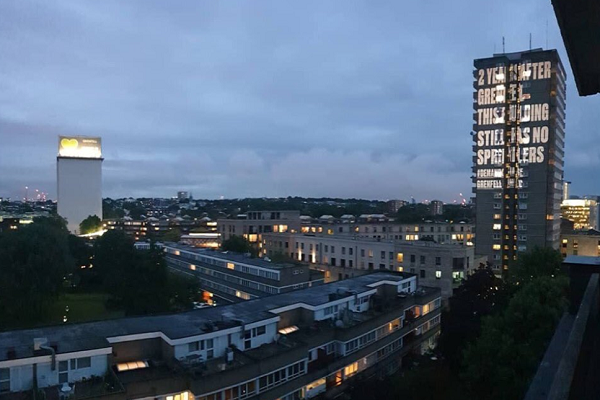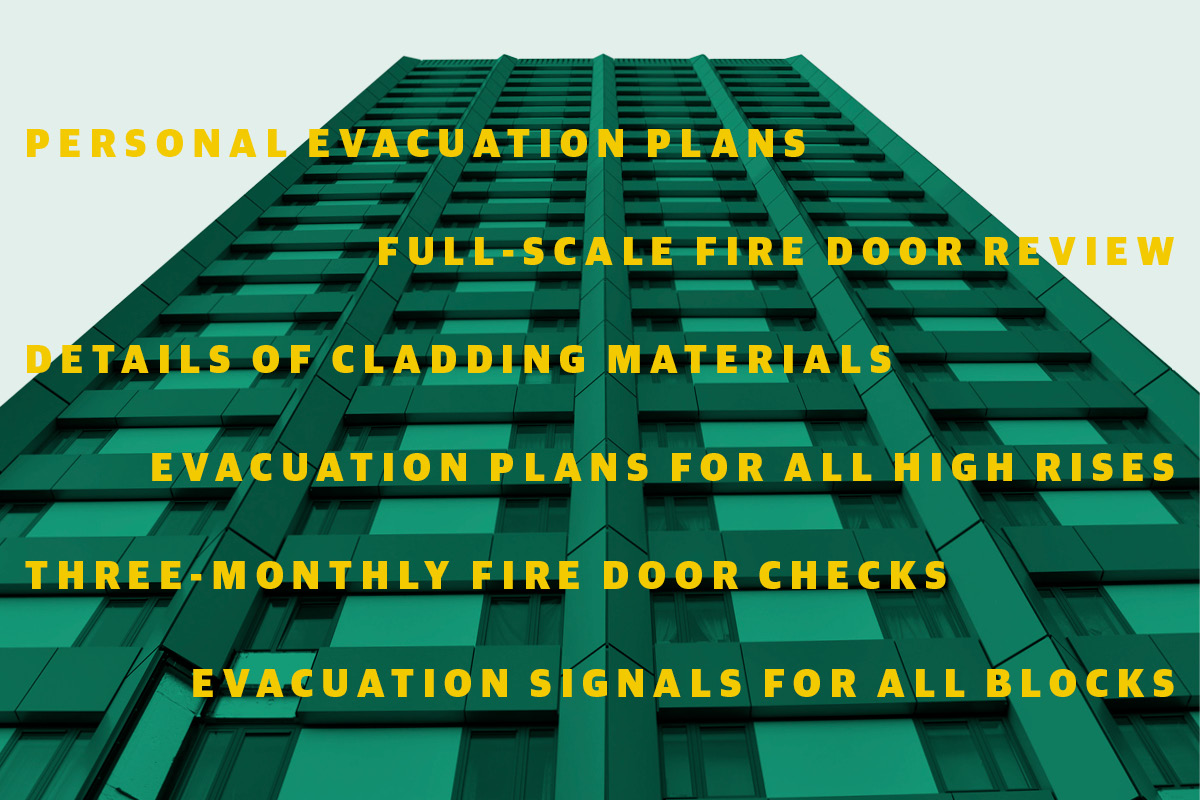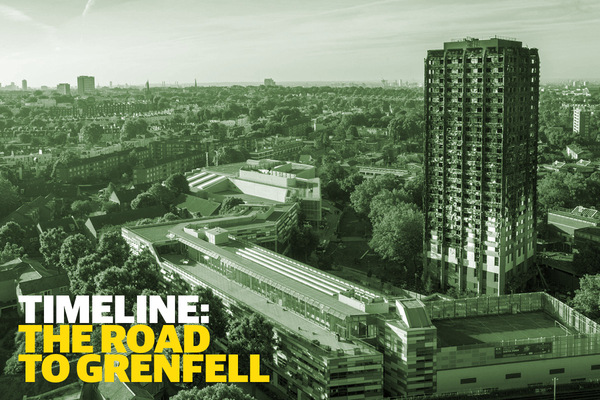You are viewing 1 of your 1 free articles
Post-Grenfell changes are needed, but we must be wary of unintended consequences
After the tragedy of Grenfell Tower, the urge to make sweeping changes is understandable. But as with all legislation, it is worth weighing up the hidden impacts, says Eamon McGoldrick
It is over two years since the Grenfell tragedy and we are now beginning to see the future shape of safety management for high-rise residential buildings.
There is a ban in place on the use of combustible cladding materials and the government has made limited funding available for the removal of some existing cladding. Many landlords are installing sprinklers in high-rise and supported accommodation.
The outgoing government has consulted on a proposed new regulator to oversee accountable persons, building safety managers, safety cases, bespoke resident engagement strategies and five-year certification of all blocks over 18m high.
In October we saw the publication of the report from the first phase of the Grenfell Tower Inquiry with its many recommendations, including a requirement for landlords to inspect all fire doors (including front doors) every three months.
The prime minister responded by saying that the recommendations would be implemented in full.
Safety must come first and all of these requirements are understandable, but I have started to reflect on some of the unintended consequences which may emerge, if the new regime is too inflexible for landlords and residents.
Firstly, landlords are already spending hundreds of millions boosting fire safety through improvement and preventative works. Most of these works are funded through capital spend.
However, the new proposed regulatory regime will also require significant revenue resources. Checking all the fire doors in a 100-unit tower block could result in 400 new home visits per annum.
It has been estimated that the new regulatory regime could add costs of £90,000 per annum for a typical 100-unit tower block. For Birmingham, with more than 200 high-rise blocks, that’s £18m per annum or £540m over a 30-year business plan.
Unless there is government help (don’t hold your breath) something else will have to be sacrificed to meet that commitment. Revenue costs at this level will need to be passed onto leaseholders, which will present another challenge.
Secondly, the current proposals allow little flexibility and suggest the same regulatory regime will be applied to all high rise, irrespective of current design or attributes. How long will it be before landlords ask for a more bespoke regime? For example, if a tower has sprinklers, no cladding, two escape stairs and new fire doors throughout the block, does it need the same level of reporting to and intervention by the new regulator as a block without these attributes?
Thirdly, what about residents’ views on the new regime? No one would argue against measures to improve safety, but some residents may find the quiet enjoyment of their home disappearing under a diary full of inspection appointments.
For example, a high-rise block with gas boilers will involve the usual annual inspection; the electrical system may need another visit, as will maintenance and servicing of any sprinkler or alarm systems.
“No one would argue against measures to improve safety, but some residents may find the quiet enjoyment of their home disappearing under a diary full of inspection appointments”
On top of that, the landlord will need access another four times a year to do fire checks on the flat front door.
In my experience, residents sometimes disconnect self-closing devices on front doors to avoid locking themselves out when bringing in shopping or doing minor removals.
Are landlords ready to take enforcement action for regular breaches of this requirement? All these periodic checks require access and don’t include any other housing management or repair visits. Will all this attention from the landlord make high-rise living even less popular for residents?
Finally, two years ago I predicted that we would see the demolition of tower blocks as landlords carried out additional surveys and reached the conclusion that the cost of remedial works were prohibitive.
“Will all this attention from the landlord make high-rise living even less popular for residents?”
This has already started to happen. As illustrated above, day-to-day management costs are set to increase further and landlords in low-demand areas will struggle to let voids in high rise.
This will inevitably lead to a further loss of high-rise stock which is not a problem provided the units are replaced. Before the new regulatory regime is set in stone, it’s vital that the government listens to the views of residents and landlords, so that a safe but appropriate regime is implemented.
Eamon McGoldrick, managing director, National Federation of ALMOs












